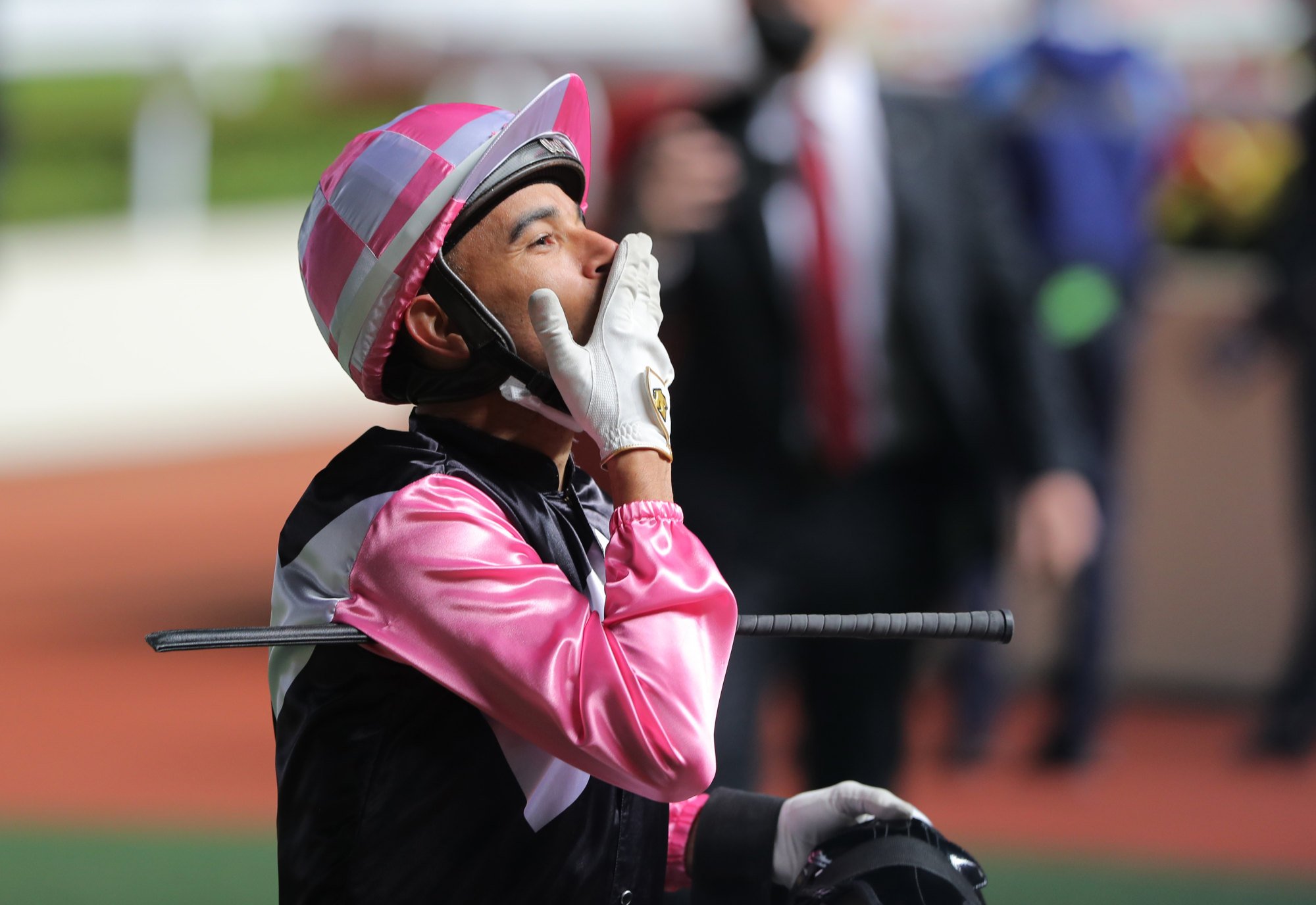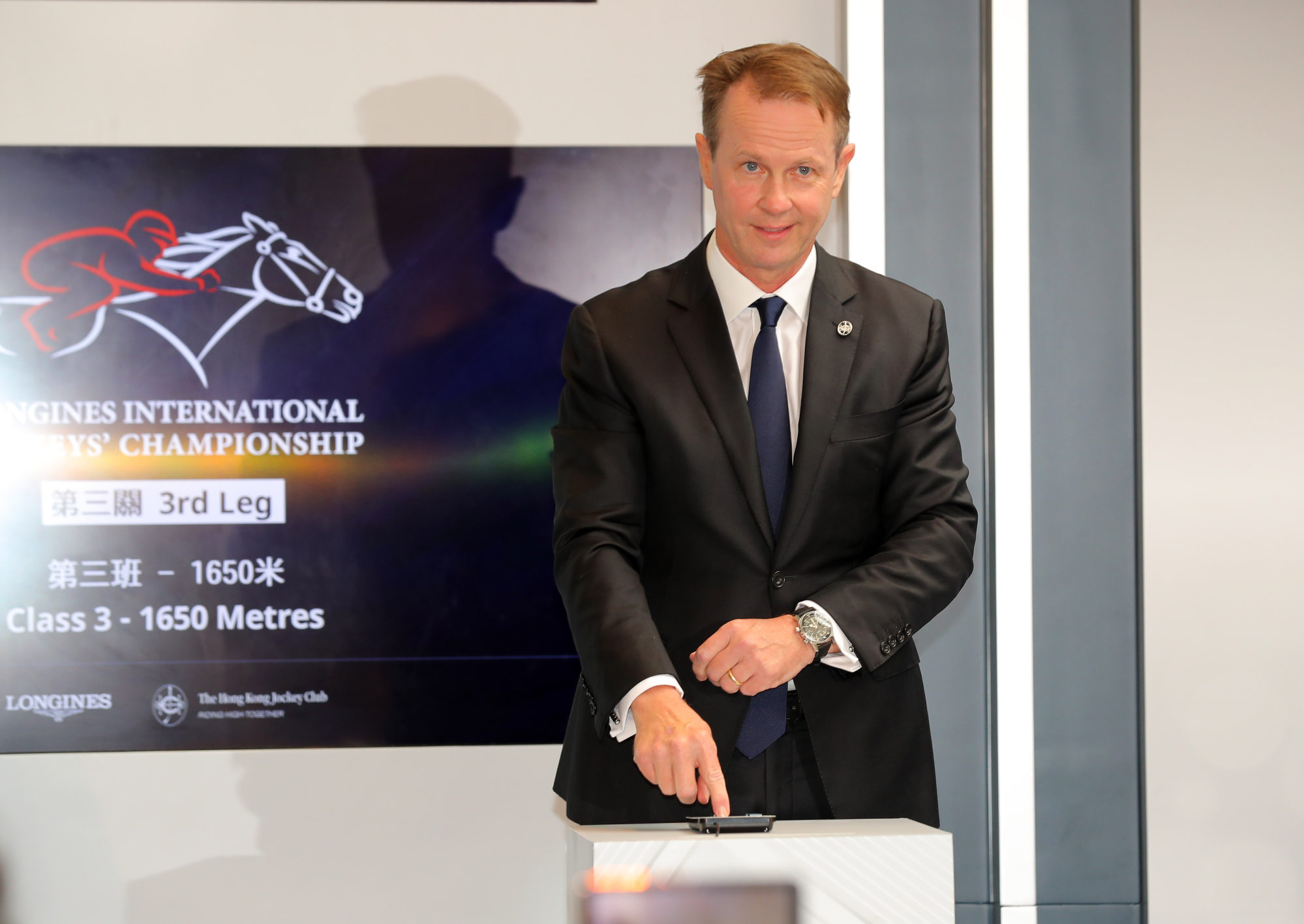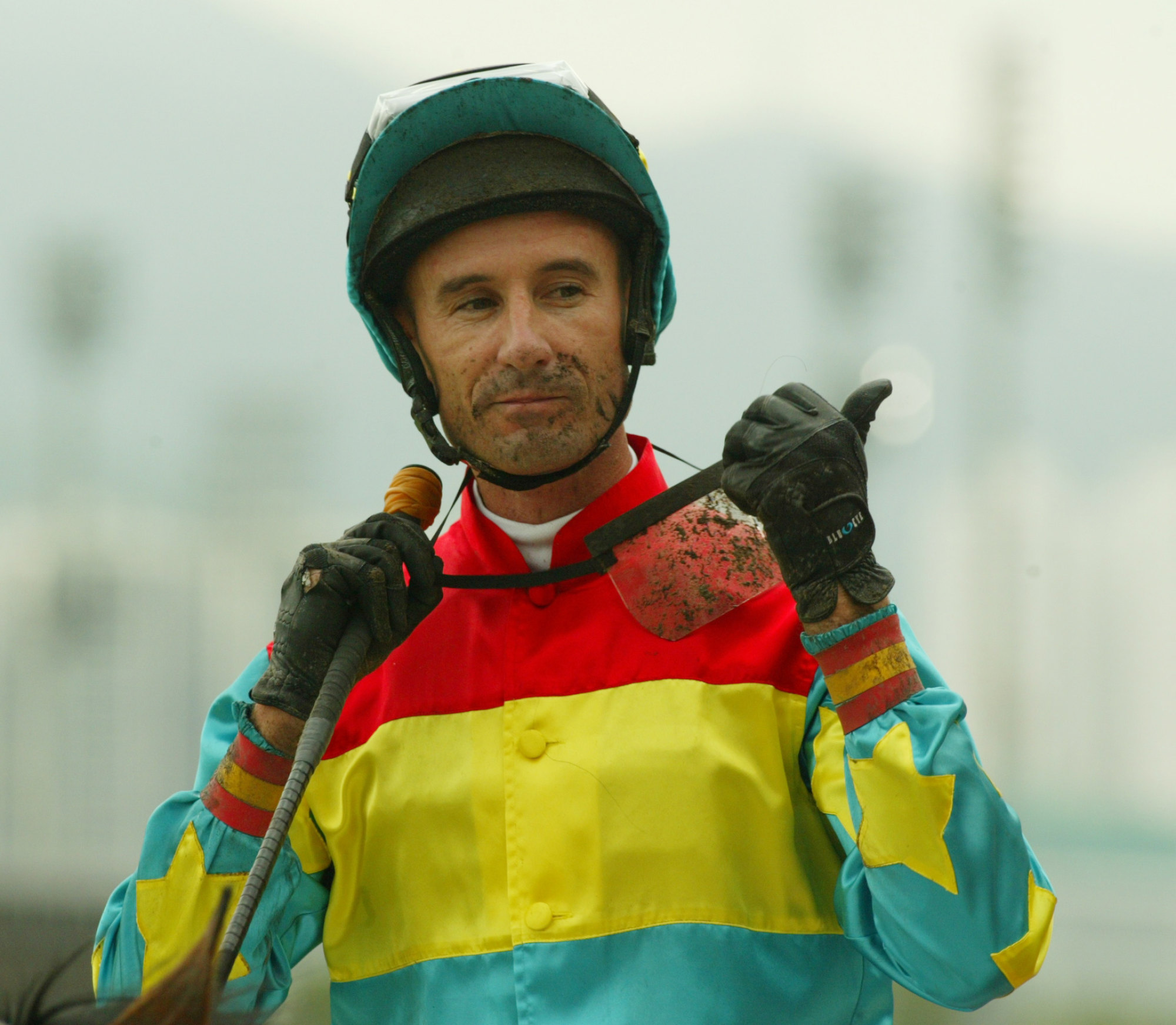Asian Racing Conference: the sport has ‘so far to go’ in dealing with jockeys’ mental health | HK Racing
Hong Kong racing fans have had a first-hand account of the mental pressure jockeys have been facing during the Covid-19 pandemic, and Australian star driver Glen Boss believes racing “has a long way to go” in addressing the problem.
Vincent Ho Chak-yiu and Joao Moreira are two Hong Kong jockeys who have spoken publicly about their struggles, with Ho saying during the worst of the pandemic: “This Covid isolation is not good for me, mentally it’s not good at all and my spirit needs a break.”
Moreira has been vocal in urging the Jockey Club to improve its approach to mental health in 2021 and he outlined his struggles when he was alone in Hong Kong during his recovery from an injury last year when the Brazilian returned home and eventually his License surrendered.
“We are still trying to navigate through a foggy place at the moment. We still have to go that far, talk about it, publish it, involve governments,” Boss said at the Asian Racing Conference in Melbourne on Thursday.

Andrew Harding, the Jockey Club’s Executive Director of Racing, believes driver mental health is an issue that racing needs to better address.
“It’s an issue that racing needs to acknowledge and address, and I’m happy to say it’s starting to do it,” Harding said.
“Racing faces a number of challenges and this is one of them because it’s an intense, high-pressure environment. In many of our jurisdictions it is a 7 days a week, 365 days a year call and this pressure is immense on its participants, and perhaps none more so than the jockey.
“Not only does the jockey experience the pressures of the unrelenting nature of our sport, but he is also burdened with expectations – the horse carries the weight the handicapper has given him, the jockey carries the expectations of the owner, the trainer and the gamblers.

“Furthermore, they know almost uniquely – as far as athletes are concerned – that if they get out there, in a split second, something could happen that could change their lives and the lives of others forever.”
Harding praised the role prominent athletes have played in removing some of the “stigma historically associated with mental health and perhaps even now in some countries and societies.”
Boss is one such athlete, with the 53-year-old recently speaking openly about the “dark place” his struggles have taken him and stressing the enormous expectation placed on jockeys.
“It’s all there – the expectations of today’s athletes are unrelenting [and] we encourage eating disorders in our industry,” Boss said. “You’re supposed to be highly trained athletes who are meant to step on these amazing beasts and we’re meant to perform at that amazing level, but we just don’t have anything in us.

“There’s all that with the malnutrition, the pressure to perform – if I don’t perform do I lose the mountain? And then there’s social media. That is very important.”
Harding, who is also Secretary General of the Asian Racing Federation, set out what sport can do to continue the mental health “revolution”.
“There are at least five things we need to do. One is to continue to remove the stigma that can come with recognizing that we have a problem with our mental health,” he said.
“Another option is to grant access to services. A third is to improve the services provided and another, of course, is to make them lifetime.
An improved world pool and more “lively” fan engagement can help keep racing relevant
“Finally, you have to realize that it can’t be divided up – mental health can’t be put in buckets in terms of what we offer jockeys, in terms of the skills we equip them with to deal with these issues in both their dealing with personal as well as professional life and where those two things meet.”
Earlier Thursday, star Kiwi trainer Chris Waller spoke about the lure of going abroad with his wonder mare, Winx, who won four Cox Plates amid 33 straight wins to end her career.
Winfried Engelbrecht-Bresges, chief executive of The Jockey Club, has spoken this week about how unlikely he thinks it is that hero Golden Sixty will travel from Hong Kong – citing the seven-year-old’s nervous energy – and Waller’s words would have those who hoped for, not trusted -time horse of the year chasing overseas wealth.
“I doubt she would have continued winning, so I think we made the right decision,” Waller admitted of his decision to stay at home with Winx.
Meanwhile, the jockey who is synonymous with Winx – Hugh Bowman – will travel to Sydney to ride In Secret and Mo’unga at Randwick on February 25th before competing in the Hong Kong Gold Cup-Classic Cup on February 26th -Meeting in Sha Tin returns.
Comments